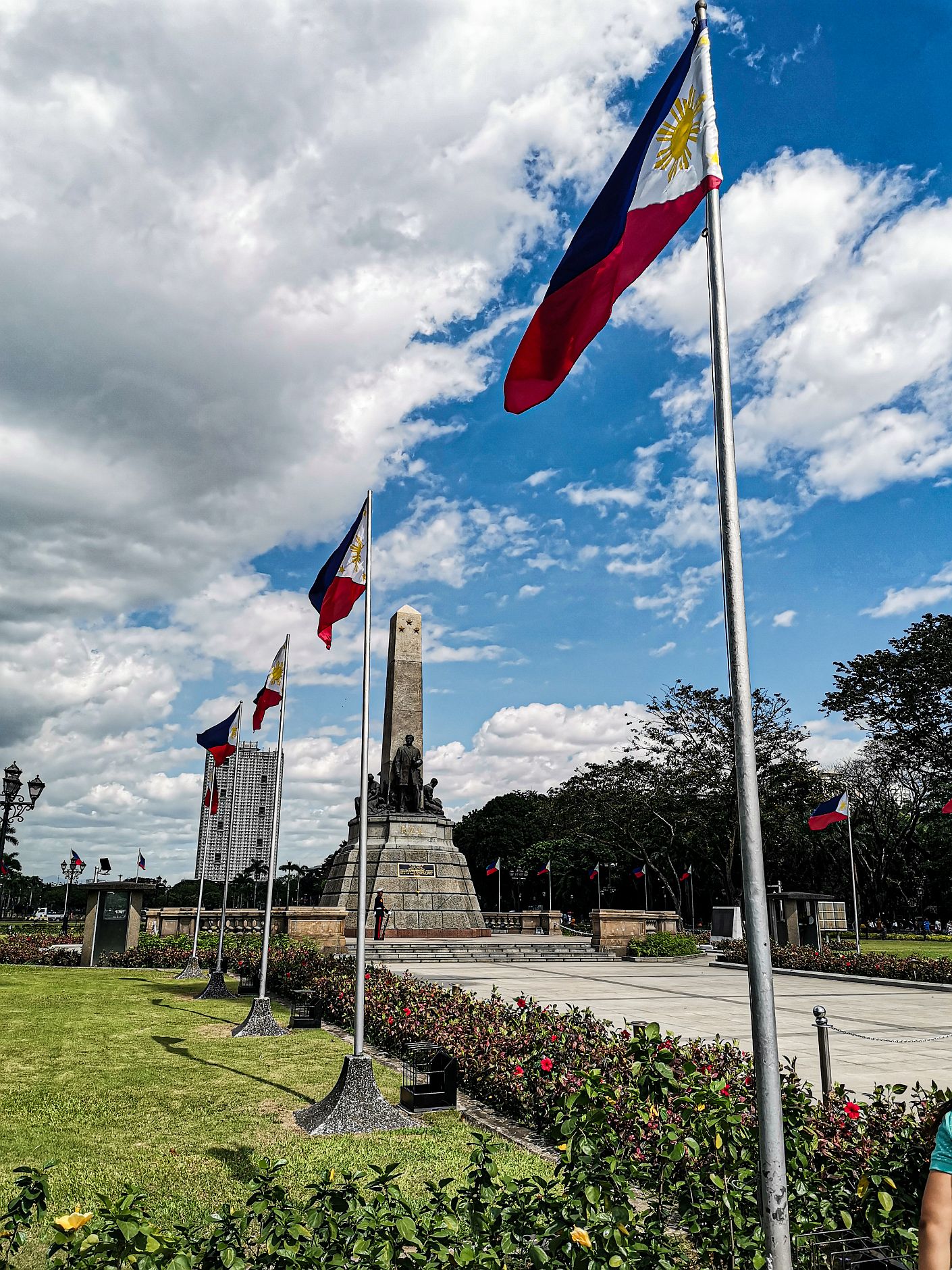Jose Protasio Rizal Mercado y Alonso Realonda, better known as Jose Rizal, is widely regarded as the national hero of the Philippines. Born on June 19, 1861, in Calamba, Laguna, Rizal’s life journey was marked by his passion for education, writing, and advocating for the rights and welfare of the Filipino people. Despite his untimely death at the age of 35, his contributions to Philippine history and society continue to inspire and shape the nation.
Rizal’s pursuit of education began at an early age. He showed exceptional intellect and creativity, and his parents recognized his potential. He studied at Ateneo Municipal de Manila and later moved to Europe to pursue higher education. Rizal obtained a degree in Medicine and Philosophy and Letters from the Universidad Central de Madrid and the University of Paris, respectively.
During his time in Europe, Rizal was exposed to liberal ideas and movements, which greatly influenced his thinking. He began to question the oppressive Spanish colonial rule and sought ways to uplift the Filipino people. Rizal’s writings became his most potent weapon in the fight for freedom and justice.
His first novel, “Noli Me Tangere” (Touch Me Not), published in 1887, exposed the injustices and social ills prevalent during the Spanish colonial era. The novel depicted the harsh realities faced by Filipinos under Spanish rule and sparked national awakening. Rizal’s second novel, “El Filibusterismo” (The Reign of Greed), published in 1891, further emphasized the need for reform and revolution.
Rizal’s writings and ideas had a profound impact on the Filipino people. He advocated for peaceful means of reform and education as tools for societal progress. Although he did not directly participate in the Katipunan revolution, his writings played a significant role in shaping the Filipino consciousness and inspiring the revolutionaries.
Unfortunately, Rizal’s efforts were met with hostility from the Spanish authorities. Upon his return to the Philippines in 1892, he was accused of sedition and rebellion. He was arrested and exiled to Dapitan, a remote town in Mindanao. During his exile, Rizal continued his intellectual pursuits, conducting scientific studies, and providing medical services to the locals.
Despite his exile, Rizal never ceased to fight for his country. He corresponded with fellow reformists and continued to express his ideas through letters and other writings. However, his enemies saw him as a threat to Spanish rule and sought to silence him permanently.
On December 30, 1896, Rizal was executed by firing squad in Manila. His martyrdom served as a catalyst for the Philippine Revolution against Spanish colonization. Rizal’s final poem, “Último Adiós” (Last Farewell), written on the eve of his execution, reflects his unwavering love for his country and his acceptance of his impending death.
Rizal’s life and death continue to inspire generations of Filipinos. His dedication to education, intellectual pursuit, and peaceful means for effecting change resonates even today. Rizal’s writings and ideals remain relevant, reminding us of the importance of fighting for freedom, justice, and national identity.
References:
- “Jose Rizal.” National Historical Commission of the Philippines.
- “Jose Rizal.” National Commission for Culture and the Arts.
- “Jose Rizal: National Hero of the Philippines.” Philippine History
- “Jose Rizal Biography.”

